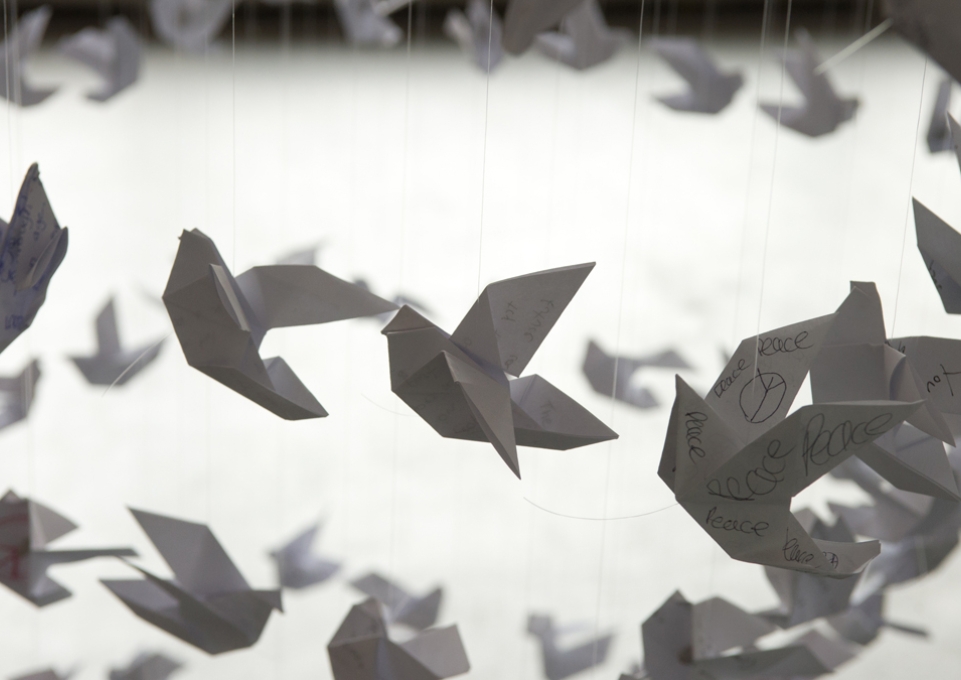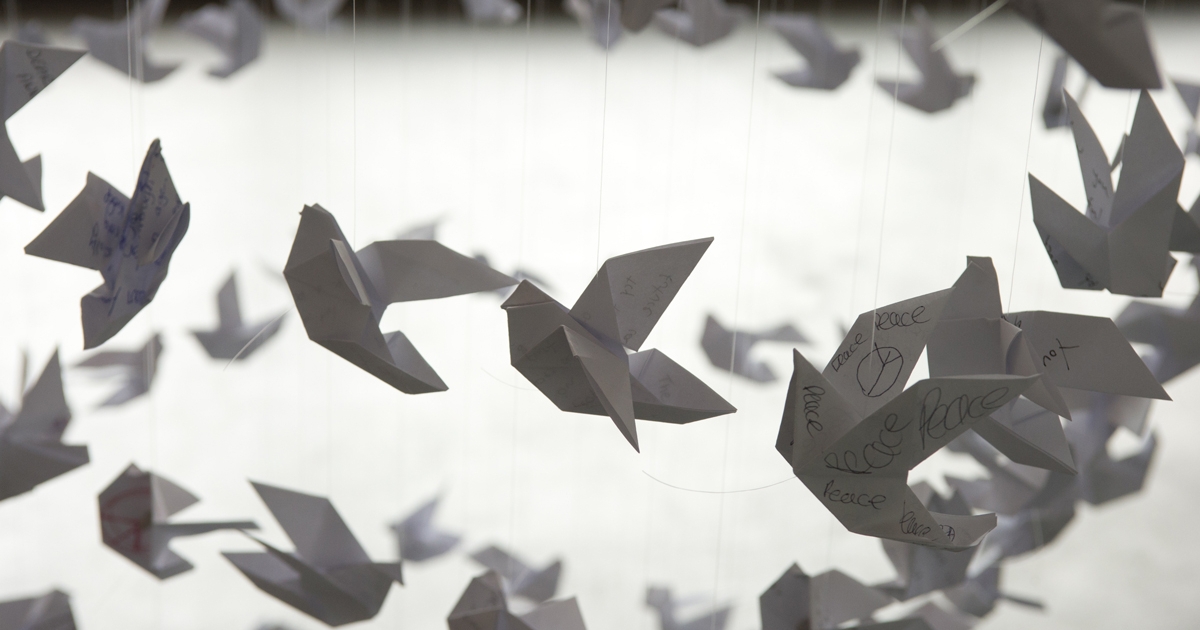
While the COVID-19 pandemic has made physical health a top priority, maintaining good mental health is just as critical during these unprecedented times, if not more challenging. Changes brought on by social isolation, jarring news reports, adaptation to remote learning, and fear of catching the novel coronavirus have exacerbated the stressors faced by many college students.
While numerous services on campuses have been temporarily suspended, Buffalo State College’s Counseling Center is still offering help to students through mental health crises remotely and through online resources for stress management. Clinical manager Charlene Vetter advises students to continue making appointments; while face-to-face counseling sessions are not currently being conducted, there are other ways students can connect to the center to receive the support they need.
“We are offering remote services via phone and teletherapy video sessions,” Vetter said. “We are here to support you, and we don’t want you to hesitate to reach out.”
Vetter said the center is maintaining its regular office hours of 8:00 a.m. to 5:00 p.m., and students can call to schedule appointments. She also suggested reducing stress with meditation by using apps like Headspace (which is currently free for New York state residents) and tuning in to free yoga sessions offered by Weigel Health every Wednesday at noon via Zoom (Meeting ID: 431 865 9692).
Practicing mindfulness has been essential in aiding some students with adjusting. For example, Julio Valentin, a graduate student and English major who resides on campus, credited writing with helping him find peace of mind during quarantine and suggests other students keep a daily log as well.
“At least give yourself 15 minutes of free-verse writing,” he said. “Just write what’s on your mind and then eventually come back to it so you can process it. That’s probably one of the best ways that you can check on yourself. We’ve been talking about slowing the curve; this is how you look at your own curve of your own mental health, see where you’re at, and then try to see what you need to do to uplift it or to bring yourself to a certain balance.”
Another tip Valentin offered is to embrace the natural environment while indoors by opening windows for fresh air and sunlight, as natural light aids in correcting chemical imbalances and promoting optimism. His greatest message, however, is for students to simply “try.”
“I say that in a very literal way, because it is easy for us to stay in the bed and in our pajamas,” he said, “but if you don’t want to feel like you’re in your own cage, dress up. Be creative, get out of your headspace, explore your home, think of ways that you can make it feel more boundless and not so bound to. In this way, it’s no longer an idea of social distancing and isolation; it becomes social solidarity and a time for creativity.”
Vetter also credited taking personal initiative as an effective way to instill a sense of normalcy during these unusual circumstances.
“It’s very important to create and follow a daily routine,” she said. “This will help give you a sense of order and purpose. Make sure to schedule time for schoolwork, relaxation, and exercise. If you are stuck in your room, find a YouTube yoga or exercise video to follow. Sticking to a consistent sleeping and eating schedule will also help with mental and physical health. If you are able to do so, take a walk outside, get some fresh air—being careful to use proper social distancing.”
One part of a daily routine that Vetter cautioned against, however, is overconsumption of news. While many citizens tune in several times a day to keep up with regional and national reports and press conferences, too much media can have a negative effect on mental well-being, she said.
“Instead of consuming news in a 24-hour cycle of social media or TV, limit yourself to checking reliable sources once day for information and facts on the pandemic,” Vetter said, citing the Buffalo State Coronavirus Information website, the Centers for Disease Control and Prevention, and the official website of New York State. “It’s very important to care for your mental health by limiting the dose of daily news.”
Another issue affecting many students, especially campus residents, is being apart from friends and family when in need of support; however, a sense of community can be achieved with a bit of innovation.
“This is the time to rely on technology to stay connected to family and friends,” Vetter said. “Text, e-mail, and video chats can help you continue to communicate with people in your life.”
“In weird ways, times of tragedy and despair can bring us together more than any other time,” Valentin said. “It might take just a small effort of checking on your roommate or your neighbor next door or being more proactive in calling or utilizing video chat.”
While changes brought on by COVID-19 are taking a toll on most everyone, Vetter suggests self-compassion, patience, and leaning on others to help adapt to this temporary new normal.
“Some level of anxiety, boredom, or frustration is expected, and it can feel extra overwhelming if you are already coping with mental health concerns,” she said. “You are not weird, you are not crazy, and you are not alone.”
To schedule an appointment with the Buffalo State Counseling Center, call (716) 878-4436. For concerns related to physical health, contact the Weigel Wellness Center at (716) 878-6711.
Pictured: Installation by artist Ben Perone, on display during the 2012 Anne Frank Project at Buffalo State
Photo by Bruce Fox, campus photographer.



